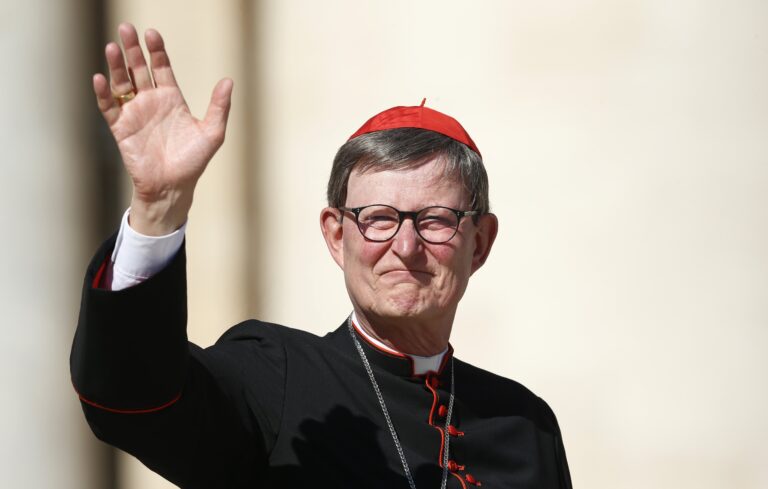The Vatican’s rejection of the planned establishment of a “Synodal Council” of the Catholic Church in Germany has met with a mixed response from bishops.
The archbishop of Cologne, Cardinal Rainer Maria Woelki, and the bishop of Augsburg, Bertram Meier, on Tuesday publicly welcomed the letter from Rome as a clarification. Other bishops voiced criticism on Wednesday.
Magdeburg Bishop Gerhard Feige said he did not see the Vatican’s position as preventing him from setting up a Synodal Council in his diocese as an advisory and decision-making body. “The letter says that neither the Synodal Path nor a bishops’ conference could set up such a council. But it says nothing about a bishop not being able to do it himself,” Feige told Germany’s Catholic News Agency (KNA) on Wednesday.
The letter from the cardinals Ladaria, Ouellet and Parolin, which has so far only been published in German, said: “We would like to make it clear that neither the Synodal Path nor a body set up by it nor a bishops’ conference has the authority to set up the ‘Synodal Council’ on a national, diocesan or parish level.”
The Vatican is thereby limiting the scope for more democratic church decision-making and governance structures in Germany. The president of the German Bishops’ Conference, Bishop Georg Baetzing, said he would nevertheless stick to the plans.
The theologian Gregor Maria Hoff criticised the Vatican letter in a guest article for the catholic website katholisch.de on Wednesday and concurred with Bishop Feige’s argument. “They want to protect the bishops’ authority but curtail it by forbidding the German bishops to use their apostolic authority in a way that links it to consultations and decisions that include the people of God.”
It was therefore Rome, and not the Synodal Path, that was “intervening in the apostolic sovereignty of the bishops,” Hoff said. That stance reflected an inner contradiction of power and authority in the Roman Catholic Church. It revealed itself “in the style of communication, which rhetorically asserts synodality, but in fact undermines it.”
The bishop of Essen, Franz-Josef Overbeck, tried to strike a conciliatory note, saying in response to a request for comment: “From my point of view, there was never any doubt that a possible Synodal Council could of course only be established within the existing and binding legal framework and on the basis of the Second Vatican Council.”
If this were not the case, the resolution would not have been backed by more than two-thirds of the German bishops. However, the Vatican’s letter was yet another reminder of “how important it is in this whole process to clarify open questions, especially those of a canonical nature,” Overbeck said.
Originally reported by KNA Germany.



